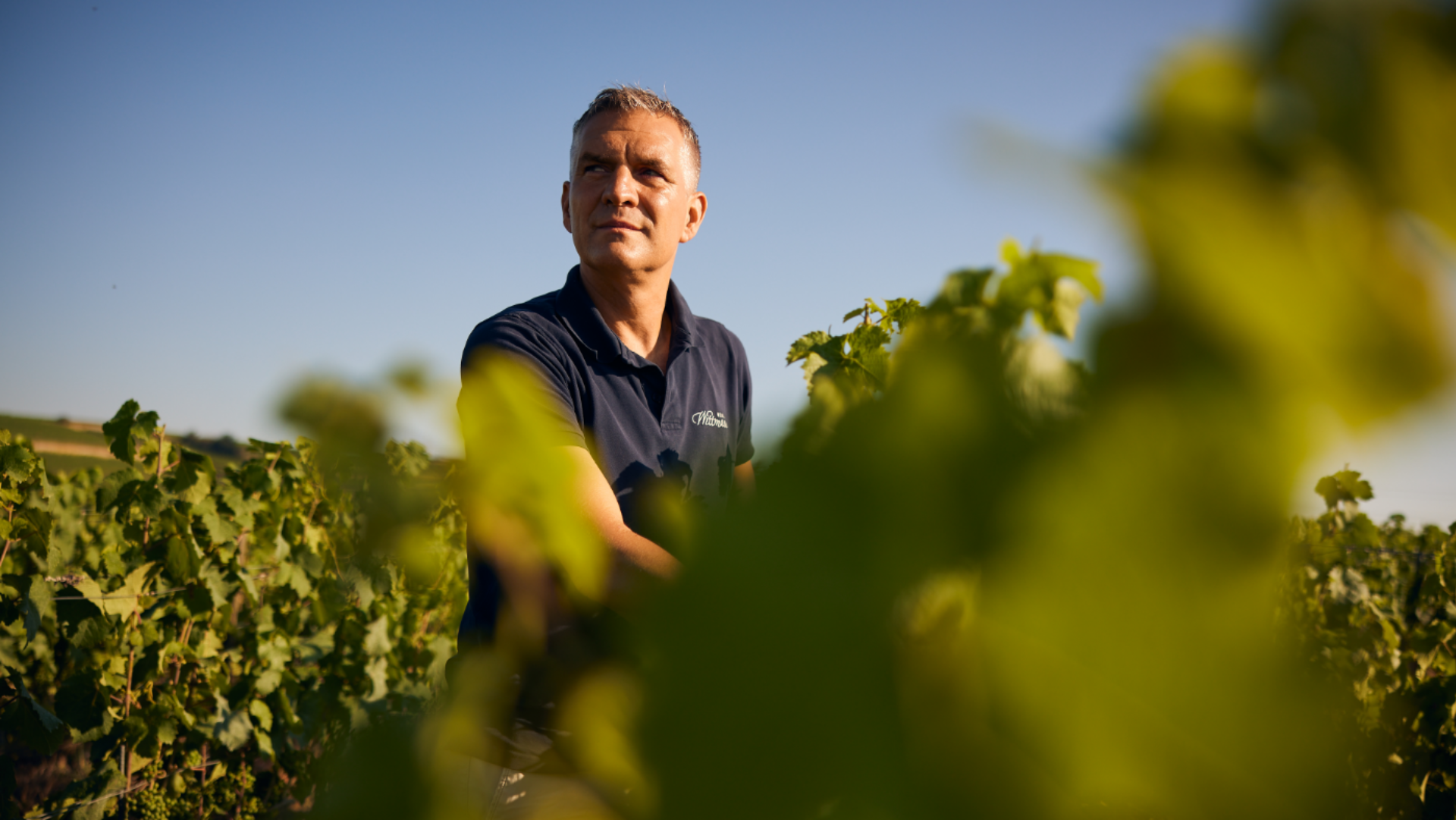
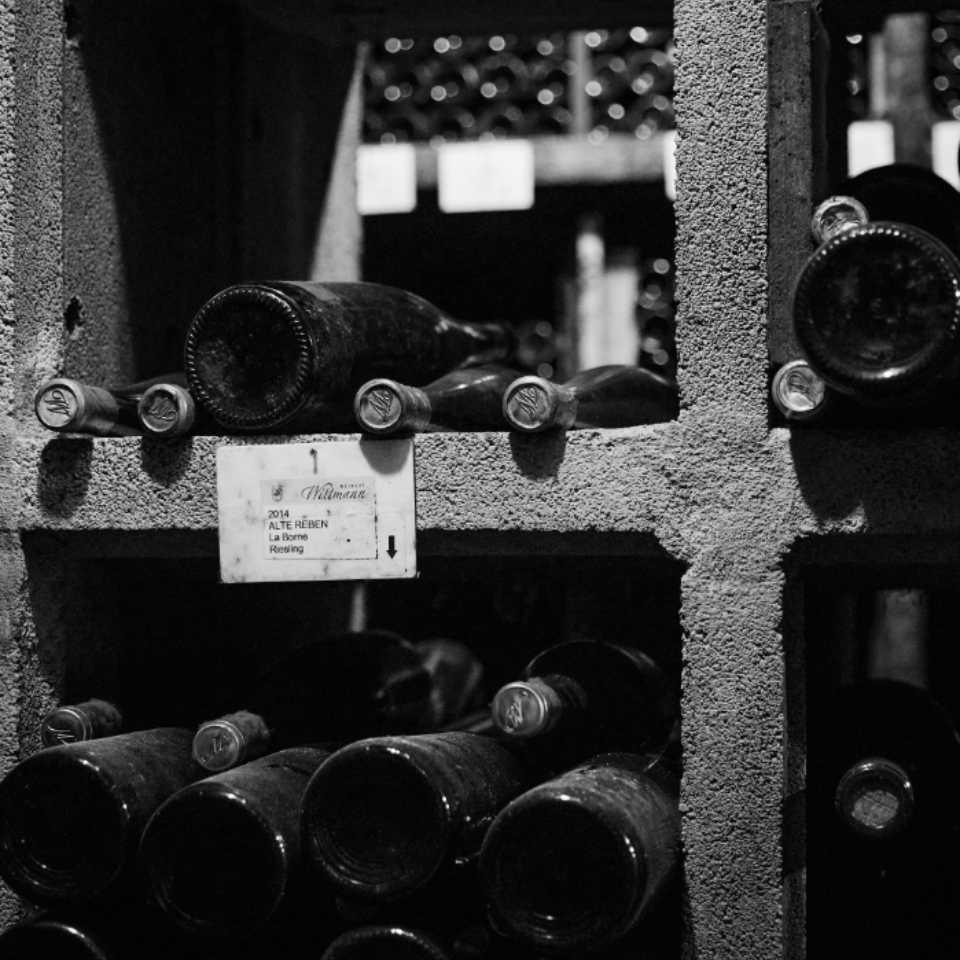
Philipp still remembers clearly: it was March 1993, and he was with his father Günter in the estate's tasting room. Swirling a Morstein 1992 in slender, avant-garde Riedl glasses, they searched for the right words to something that defied description. Something that was present not just in the ‘92, but also in grand older bottles in the library. “Crystal clear fruit” and “glacier water” were the closest Philipp could manage.
Philipp had known even as a boy that he would take over the estate someday, but something changed in that moment, as if a switch had been flipped. What he finally understood: we make something here that can be really, really good. Unique. World class. Morstein, certainly, but the other sites as well.
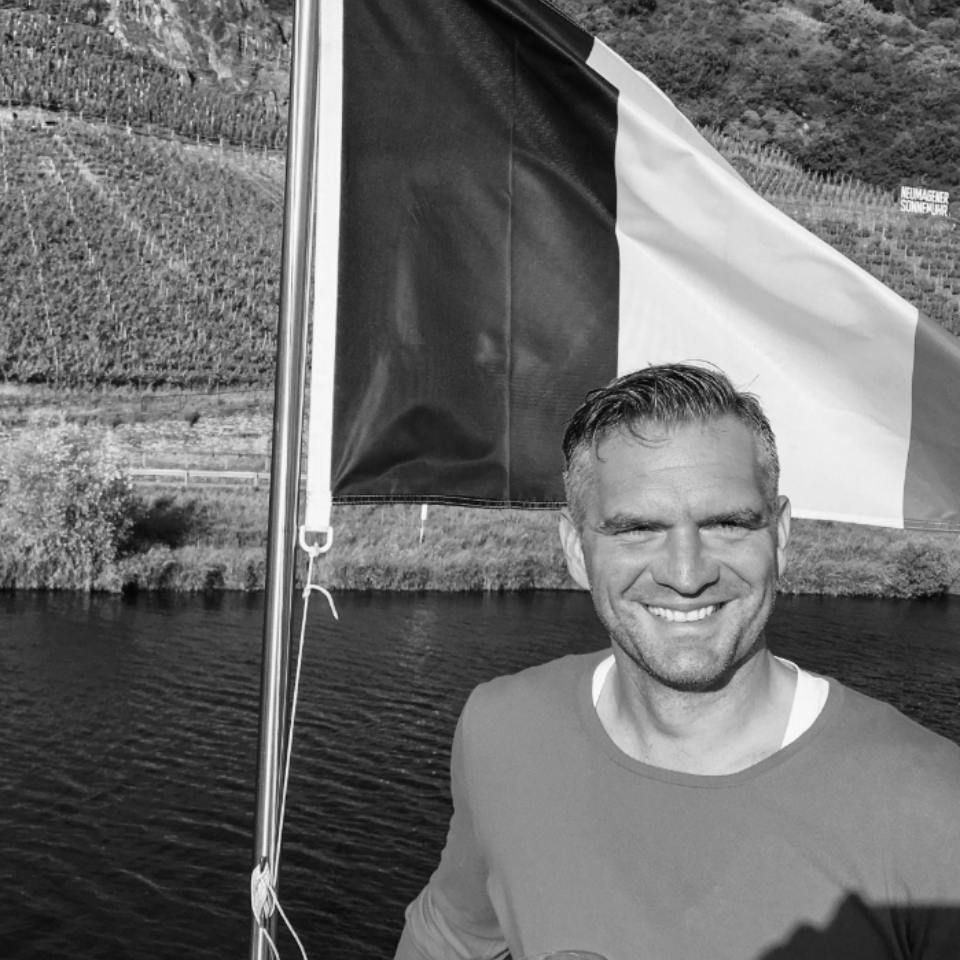
To get to that point, however, he would need the broadened horizons of the traveler returned home. Three years of apprenticeship in the Pfalz had taught Philipp the art of wine tasting, and he had already sampled every interesting wine he could get his hands on. But that March day was when he realized that his hometown wasn’t somehow smaller and less important than he remembered. Quite the opposite: It was as if for the first time it had revealed its true grandeur to him. The possibilities, the ambition, the responsibility.
Philipp was well prepared for the relentless work that it would take to do honor to the Rheinhessen estate. But understanding how wine was imagined, made, and enjoyed elsewhere in the world was another matter entirely. And so he headed out early, looking to learn the essentials that he could one day bring back to Westhofen.
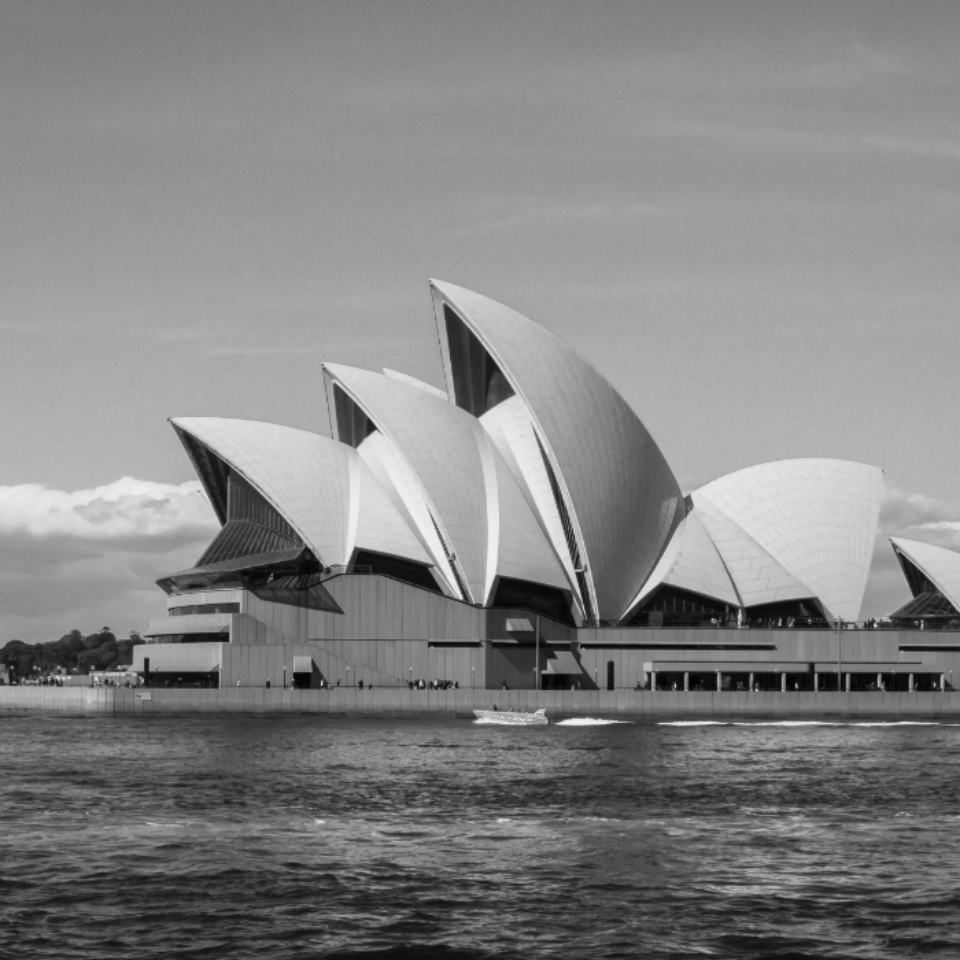
The professionalism and self-confidence of Bordeaux's châteaus; the work in limestone soils in Burgundy—a region still slumbering at that time; the Italian lifestyle, embodied in cheese and a glass of Chianti at a campground in Tuscany: the mosaic of Weingut Wittmann that Philipp re-formed reflects each of these miniatures.
So too does the art of the sale—keeping up with the world's rapidly changing perception of German wine: Interest in the USA, heated by the high scores of Wittmann’s residually sweet wines in the 1990s, collided with Philipp's focus on dry wines. A tour of Australia in 2004, capped by a final presentation in Sydney Opera House, provided the crucial motivation and feedback that Philipp needed. Philipp would return home and accelerate his program of transcending borders.
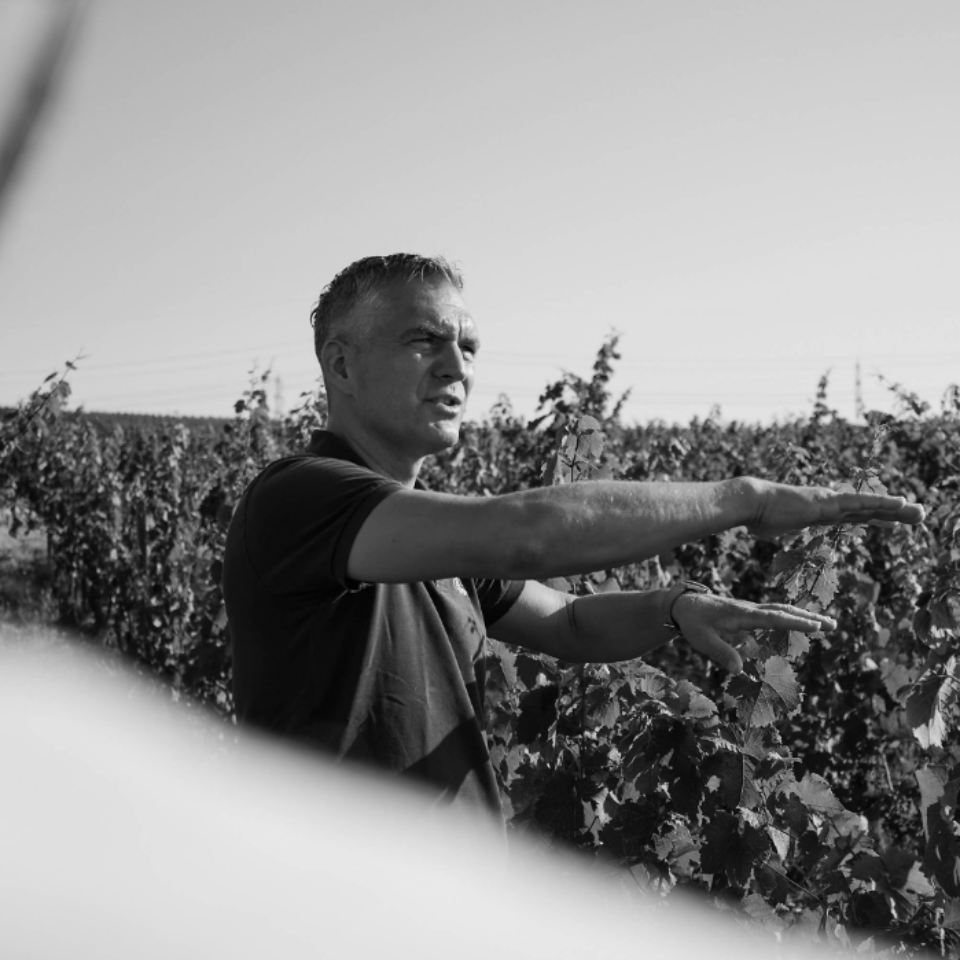
Full of enthusiasm and new ideas, Philipp begins to implement his plans after returning to the winery. Instead of large, old wooden barrels and spontaneous fermentation, he experimented with stainless steel and pure-bred yeasts. But the wine loses in soul and distinctiveness. So back to what has always been good.
His father had already converted completely to organic in 1988, to take on this legacy, to perfect it, that's where Philipp sees his destiny. The uncompromising quality is more and more in focus, with biodynamics already offering answers to many questions since the extreme vintages between 2000 and 2003.
Increasingly better soil management, sustainability and energy self-sufficiency of the winery, new, higher vineyards and much more: If one had to describe Philipp, his philosophy, but also the wines, which are equally "natural wine" and "classic", with one word today, it would be: balance. Balance is what, despite all the dynamics and constant changes, never is lost.
Also in the future, these balanced wines, as well as all other upcoming projects of Philipp, will tell the story of their origin: Made in Westhofen.

Also in the future, these balanced wines, as well as all other upcoming projects of Philipp, will tell the story of their origin:
Made in Westhofen.

